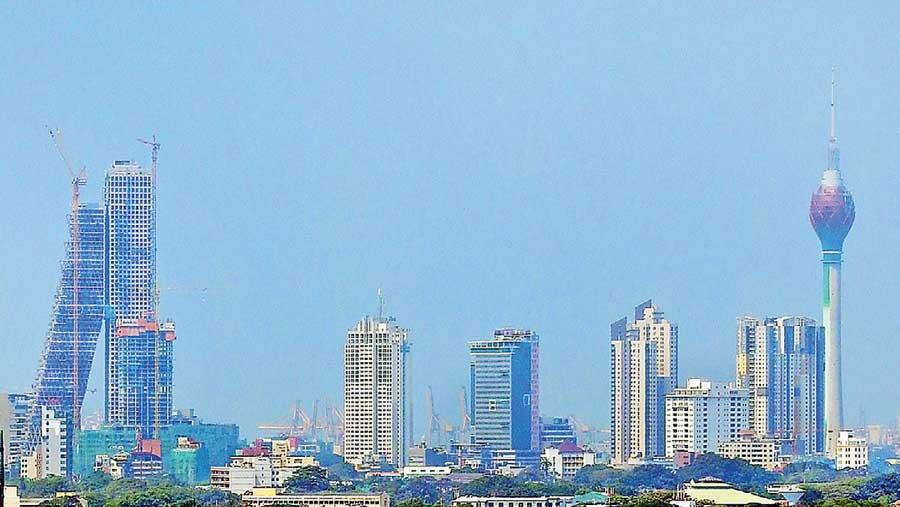13 Jan 2020 - {{hitsCtrl.values.hits}}

Issuing by far the worst economic outlook for Sri Lanka this year, the World Bank last week said the country could entangle in a toxic mix of elevated fiscal deficit and debt, and the economy would struggle to break the 4.0 percent growth mark during next three years.
The World Bank issues periodic forecasts on world economies, and such projections are revised and re-revised several times a year.
The multilateral lender is known to come up with common policy prescriptions for every country under its watch irrespective of their economic structure, cultural sensitivities, governance and polity.
Its latest publication titled ‘Global Economic Prospects – Slow Growth, Policy Challenges’ predicts Sri Lanka’s economy to grow 3.3 percent this year and 3.7 percent in the next two years.
This is much lower than the government’s projected growth of 6.5 percent and the Central Bank’s projection of 4.5 percent growth for 2020.
Sri Lanka’s economic growth in 2019 is estimated to have languished at 2.7 percent, lowest since 2001.
It appears that the multilateral lender had been oblivious of the changes that were taking place in the governance structure, substantial reforms to the country’s fiscal policy and relaxing of regulations to make doing business easy in the last two months.
“Lack of progress in reforms to improve tax collection could result in more acute revenue shortfalls (Bangladesh, Sri Lanka) and put further pressure on elevated fiscal deficits”, the World Bank stated.
Sri Lanka raised both indirect and direct taxes in 2016 and replaced the existing tax law with a new Act with the sole premise of increasing government revenue. However, that singular purpose had wide implications on the rest of the economic actors and the higher taxes failed to bring the intended tax revenue.
In the short to medium term, Sri Lanka may have to run an elevated fiscal deficit to fund the growth and implement structural reforms, according to some of the country’s economic analysts.
During this period Sri Lanka is required to lay the platform to build key business sectors, which can generate foreign earnings while re-calibrating its foreign relations to strike commercial deals with bilateral partners who can bring technological competence into the country, they opine.
The World Bank meanwhile forecast heightened external risks for South Asian economies including Sri Lanka due to the sharper than expected slowdown in the United States and Euro areas.
On the contrary, the latest economic indications point that the US economy is on a firm footing with full employment and the Euro area is also showing signs of recovery from its depths with inflation and growth picking up.
“For countries with elevated debt levels and large current account deficits (Pakistan, Sri Lanka), an unexpected tightening in global financing conditions could sharply raise borrowing costs and lead to stops in capital inflows,” the World Bank cautioned.
15 Nov 2024 15 Nov 2024
15 Nov 2024 15 Nov 2024
15 Nov 2024 15 Nov 2024
15 Nov 2024 15 Nov 2024
15 Nov 2024 15 Nov 2024